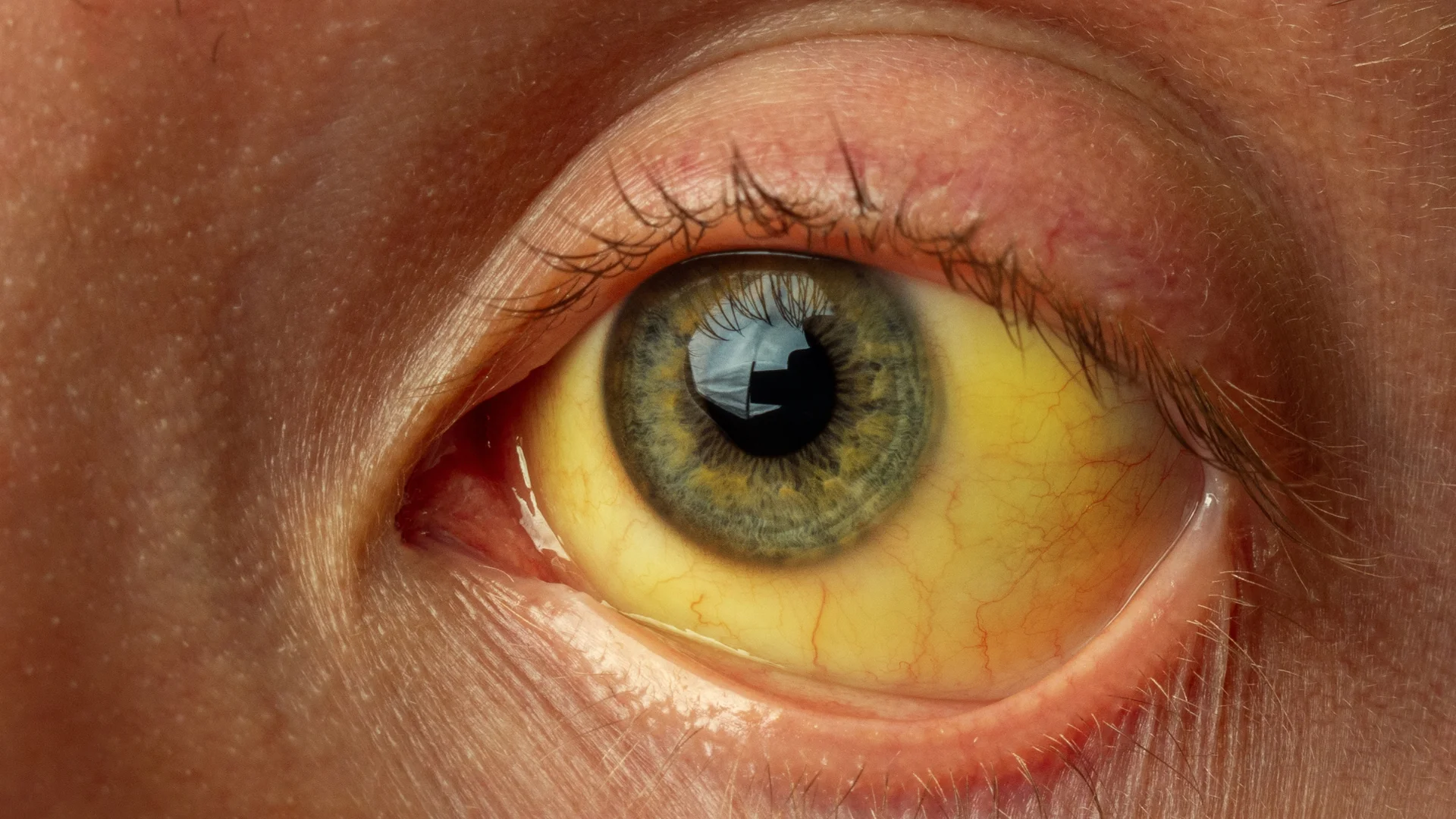
Autoimmune Hepatitis: A Rare Chronic Liver Disease 🦄
Autoimmune hepatitis is a rare and chronic liver condition with an unclear cause. While autoantibodies are often detected in the blood of affected individuals, they are considered a symptom rather than the root cause of the disease.
Symptoms of Autoimmune Hepatitis 🔍
Common symptoms experienced by patients include:
Diagnosing Autoimmune Hepatitis 🩺
Treatment Options 💊
The goal of treatment is to manage the condition and prevent disease progression. Common approaches include:
Is Prevention Possible? 🛡️
There are no specific preventative measures for autoimmune hepatitis. However, early diagnosis and treatment are essential for better outcomes.
Autoimmune hepatitis, while rare, can significantly impact liver function if left untreated. Regular monitoring and adherence to prescribed treatments can help manage the condition and improve quality of life. If you notice any concerning symptoms, consult your doctor promptly.
🩺 Explore out our Check-Up Programs!
DISCLAIMER: The information presented on this page has been intentionally condensed and simplified to make it accessible and easier to understand for the general audience. Its purpose is solely to provide basic awareness and education on the topic discussed. It is important to note that this content is not exhaustive and does not replace or serve as a substitute for professional medical advice, diagnosis, or treatment. Readers are strongly advised to seek consultations with qualified healthcare professionals or specialists for accurate assessment, personalized guidance, and appropriate medical care. Relying solely on the information provided here, without professional oversight, may lead to misunderstandings or inadequate treatment.
Privacy policy
Copyright ©2025 Klinika Kajo. Designed By Vizional